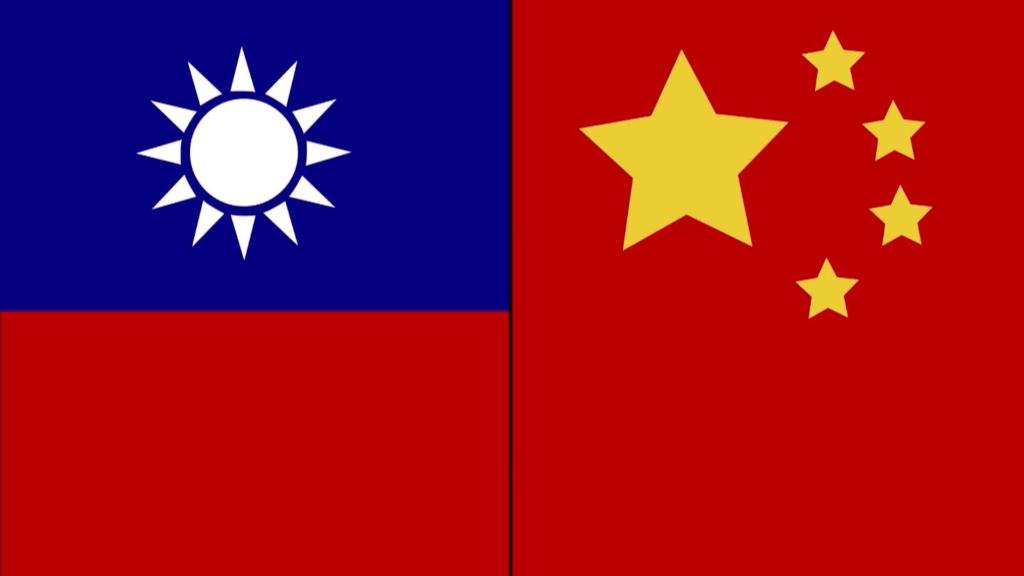
Delta Air Lines is facing political headwinds in China.
Chinese authorities are publicly scolding the U.S. airline for listing Taiwan and Tibet as "countries" on its website.
The Chinese government in Beijing considers Taiwan and Tibet to be part of its territory and comes down hard on any suggestions to the contrary.
China's civil aviation regulator has contacted Delta and instructed the company to rectify the issue immediately, according to a notice posted on the agency's website Friday.
Related: China blocks Marriott for listing Tibet and Taiwan as countries
"In the meantime, the Civil Aviation Administration of China demands that Delta Air Lines apologize immediately and publicly," it said.
Delta (DAL) said it recognizes the seriousness of the issue and took immediate steps to resolve it.
"It was an inadvertent error with no business or political intention, and we apologize deeply for the mistake," the company said in a statement to CNNMoney. "As one of our most important markets, we are fully committed to China and to our Chinese customers."
Taiwan appeared in the list of countries on Delta's website in both Chinese and English on Friday. It wasn't immediately clear where Tibet was referred to as a country.
Also on Friday, Shanghai's internet authority summoned representatives of European clothing retailer Zara, chastising the company for listing Taiwan as a "country" and ordering it to rectify the situation immediately.
Zara's parent company Inditex did not immediately respond to a request for comment.
Related: The 'One China' policy explained
They are just the latest international companies to find themselves in hot water in China.
On Thursday, authorities blocked hotel brand Marriott's websites and apps for a week in China after Marriott listed Tibet, Hong Kong, Macau and Taiwan as separate "countries" in its emails and apps.
China's cyber regulator said the hotel chain "seriously violated China's relevant laws and regulations and hurt the feelings of the Chinese people."
Marriott (MAR) apologized, saying it respects and supports the sovereignty and territorial integrity of China.
Chinese authorities have also warned other international companies operating in the country to check their websites and apps immediately to prevent similar incidents from happening.
Related: Tibet: Tensions on the roof of the world
China and Taiwan -- officially the People's Republic of China and the Republic of China -- separated in 1949 following the Communist victory on the mainland after a civil war.
They have been governed separately since, though a shared cultural and linguistic heritage mostly endures -- with Mandarin spoken as the official language in both places.
Communist China sent troops into Tibet in 1950 to enforce its claim on the region, and has controlled it since 1951 -- though the central government in Beijing has faced repeated bouts of unrest from ethnic Tibetans unhappy over its rule.
-- Nanlin Fang and Steven Jiang contributed to this report.

